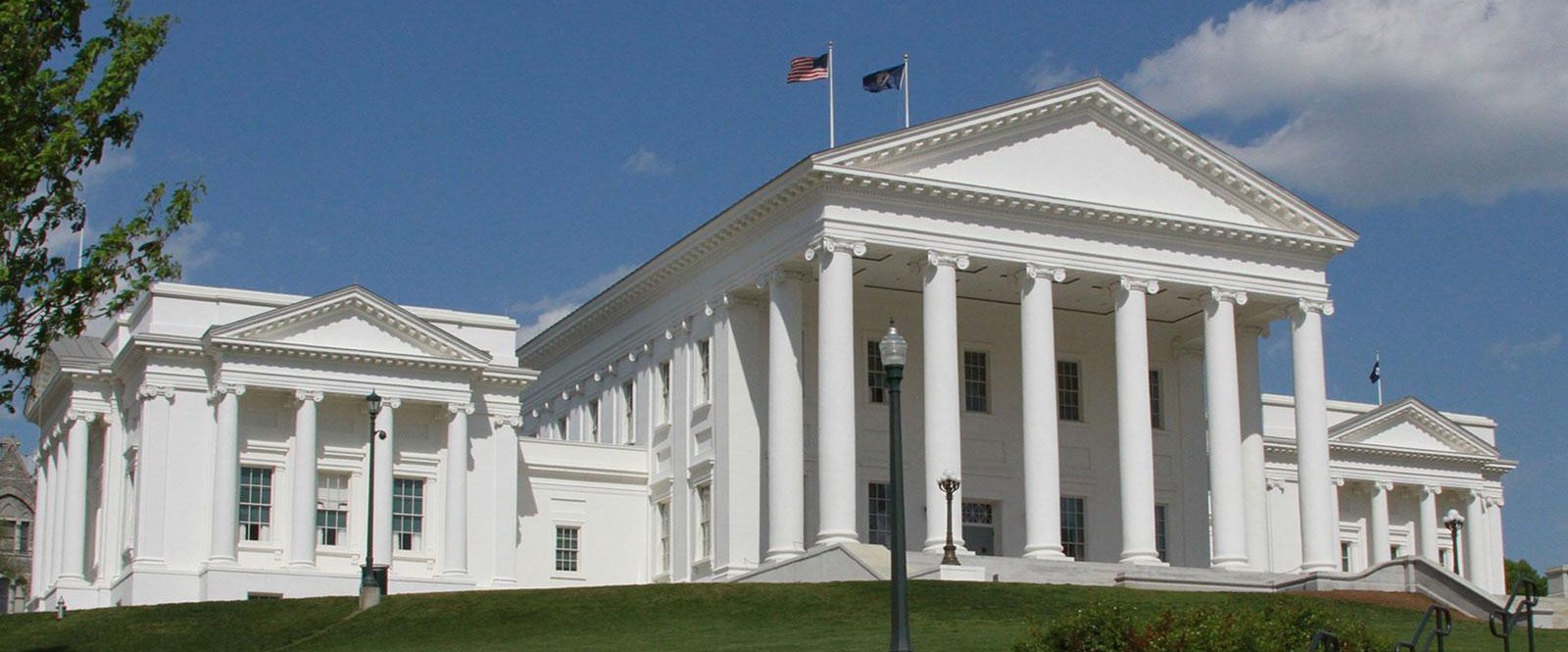As the old saying goes, marginal differences can make huge differences.
If you think Virginia’s statewide contests were close – and they were very close – check out the margins in a couple of municipal elections on Nov. 2.
In Prince George County, six votes separate the top two candidates for sheriff in a contest in which more than 12,500 residents voted.
In Pittsylvania County, where residents voted on whether to add 1% to the sales tax to fund school construction or renovation, the “no” votes are 23 ahead of the “yes” votes, out of more than 25,400 ballots cast.
“Don’t tell me your vote doesn’t matter,” Chris Piper, commissioner of the Virginia Department of Elections, told a Richmond civic group on Wednesday.
The GOP’s clean sweep on Nov. 2 for governor, lieutenant governor, attorney general and control of the House of Delegates might obscure just how close these statewide contests were.
Gov.-elect Glenn Youngkin topped Democrat Terry McAuliffe by fewer than 64,000 votes out of nearly 3.29 million cast. That’s 1.93 percentage points.
Lt. Gov.-elect Winsome Sears edged Democrat Hala Ayala by 1.53 percentage points.
Attorney General-elect Jason Miyares squeaked by Attorney General Mark Herring, the Democratic incumbent, by 0.81%.
Virginia has seen just a few closer statewide elections in its 52 years of robust two-party competition, but several come to mind. In the 1978 U.S. Senate race, Republican John Warner slipped by Democrat Andrew Miller by 0.4%. That’s the same percentage by which Democrat Doug Wilder edged Republican Marshall Coleman for governor in 1989.
Two contests for attorney general were so close they went to recounts. In 2005, Republican Bob McDonnell squeaked past Democrat Creigh Deeds by 0.1%. The 2013 race for attorney general was even closer. Herring topped Republican Mark Obenshain by just 165 votes out of 2.2 million cast.
Virginia’s new Republican leaders are not pledging a Georgia-style overhaul of the election reforms that Democrats had ushered in – such as a 45-day window for early voting, Sunday voting and the use of drop boxes.
The closeness of this year’s elections is one reason that Youngkin and other GOP leaders are stressing “kitchen table” issues related to the economy, education and public safety.
There’s another reason why Republicans appear unlikely to dismantle the rules giving Virginians more flexibility on when and where to vote.
After Youngkin embraced and promoted early voting the numbers soared in Virginia’s four Republican congressional districts. More than 132,000 people voted early in the 1st District, 106,000 in the 5th District, nearly 100,000 in the 6th District and nearly 75,000 in the 9th District, according to the Virginia Public Access Project.
After leaning in on early voting, Youngkin, Sears and Miyares learned an important lesson: It works.
Source: Richmond Times Dispatch
